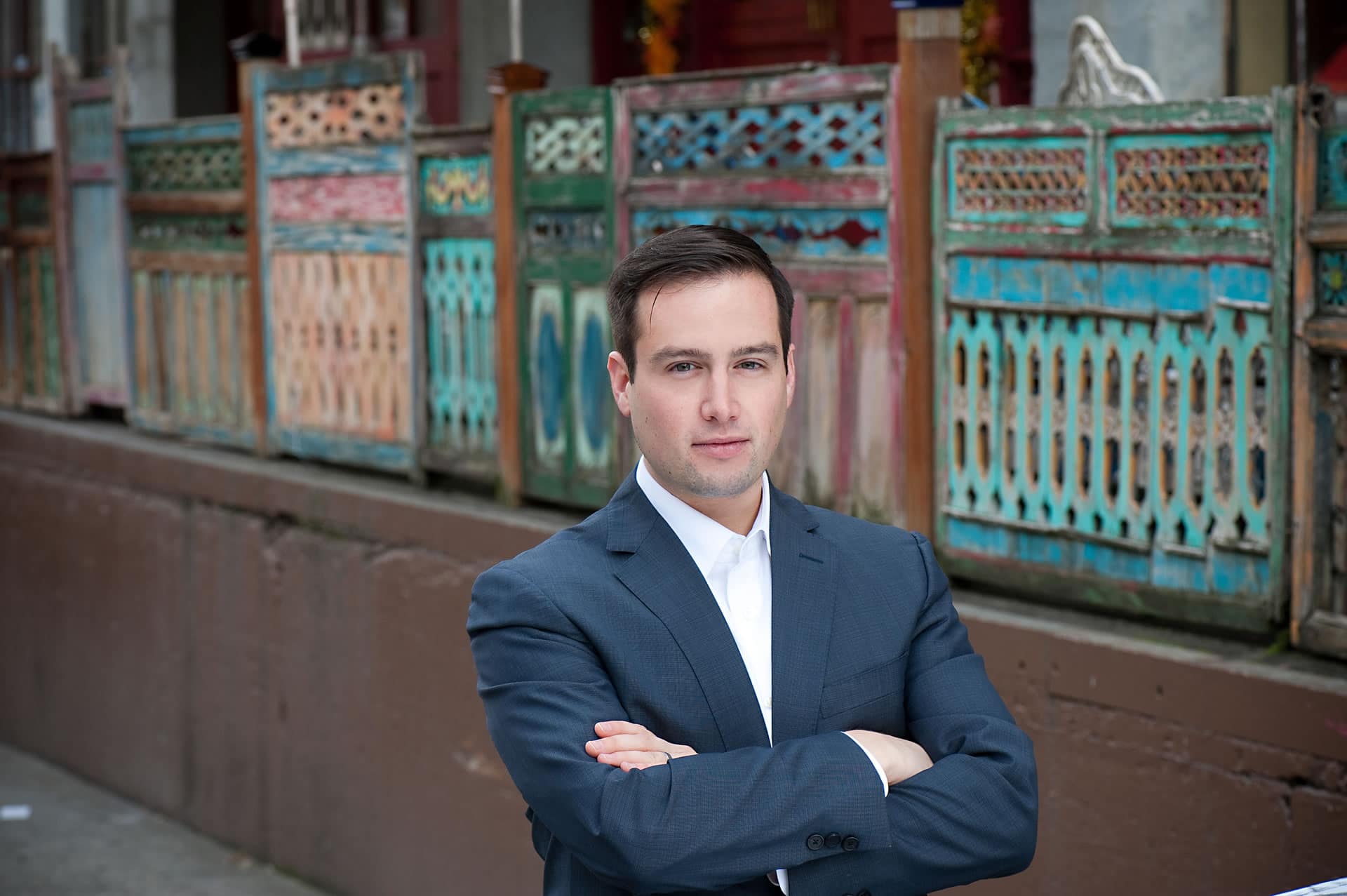For some, a newly refurbished, multifamily residence in a large American city should be exclusive, with locked entrances and doormen granting access only to residents and approved guests. Not so at Boston’s Factory 63, a 38-unit apartment building situated just a few blocks from the city’s financial district. The LEED Gold renovation of the six-story warehouse, built in 1908, offers an inviting lobby full of chairs, tables, and sofas that are all open to public use.
The Gerding Edlen Collection
Four standout projects prove
the company’s commitment to eco-conscious design
Brewery Blocks, Portland
With underground parking only, this mixed-use, seven-building development includes high-rise residential buildings that feed an active streetscape and a LEED Platinum theater, repurposed from a historic armory.
Vestas North American
Headquarters, Portland
Basing its American operations out of Oregon, the Danish wind-turbine manufacturer chose a historic warehouse in Portland’s Pearl District for renovation. The new headquarters generates clean, solar energy and captures enough rainwater to offset 60% of its non-potable water.
Dexter Horton, Seattle
This LEED Gold office renovation, completed in 2002, combines distinct 1920s architecture with flexible floor plates, modern building systems, conference areas, and shower facilities to accommodate bicyclists.
Jones, Chicago
With 188 residential units and retail spread over 169,000 square feet, this centrally located apartment building is amenity-rich: a lounge, pool, sun deck, fire pit, and dog run, all on the rooftop. Every unit in the LEED Gold-targeting building is equipped with a NEST thermostat.
“This building helps define the entire neighborhood,” says Matt Edlen, who is director of acquisitions and development for Portland, Oregon-based Gerding Edlen. “The street-level lobby is a coworking space with conference areas and an art gallery that frequently hosts artist events. A monthly entrepreneurs’ meeting there has spawned four or five startups.”
Interior doors and a doorman still provide requisite security, but the building also rents a number of artist residences at significantly reduced rental rates, a practice that might mislead some to assume that Factory 63 is a nonprofit arts venture. Not the case. Gerding Edlen is a full-scale development, property management, and investment management firm responsible for more than $5 billion in assets in eight states, including Illinois, New Jersey, Utah, and Washington, and the firm holds one of the largest portfolios of LEED-certified buildings (63) in the United States.
The inclusive aspects of Factory 63, where one-bedroom units rent for around $2,000 per month, is no anomaly for the firm’s properties. In fact, building community is one of 12 “Principles of Place” that guide the company’s work.
“‘Principles of Place’ are what we believe authentic sustainability looks like,” Edlen says, adding that “some of these things are intangible”—a complement to the very specific point-generating components of the LEED scoring system. He says no project is expected to achieve all 12 principles, but that in each one, the idea is to build places that inspire, foster creativity, and in one way or another provide what could be considered meaningful living and working spaces.
As might be expected, all projects strive to “minimize carbon footprint and energy dependence,” which is another of the 12 principles. One of the company’s larger endeavors was the 16-story Oregon Health & Science University (OHSU) Center for Health & Healing, a LEED Platinum, 412,000-square-foot structure. It was one of the first large buildings in the US to use chilled beams for passive cooling—a much more efficient system compared to forced air-conditioning. The building generates 30 percent of its electrical needs with an on-site micro-turbine plant and treats 100 percent of its wastewater (22,000 gallons daily) with a bioreactor.
A bit more challenging for the firm is the aim to “connect people and buildings to nature,” given that almost all of its projects are urban infill. The transformation of a 38-acre Portland industrial site into 2.7 million square feet of mixed-use space, which includes the OHSU Center, is strategically complemented by garden streets, a bioswale, a river greenway, and a two-block central park. “This is a place where you can clearly see the benefits of getting people outside,” Edlen says. Other residents include osprey, steelhead trout, salmon, and myriad other native riverine species.
Fulfilling a principle to “encourage transportation alternatives” in a place such as Portland, storied for its bicycling culture, might seem like a no-brainer. But Gerding Edlen exports that philosophy to Los Angeles, of all places. Its mixed-use, 1.5 million-square-foot South Park development—with LEED Gold and Silver certifications on its various buildings—is one of the few downtown developments that places workers near workplaces and within blocks of the city’s Metro line and other forms of public transportation. Residents also are within walking distance of supermarkets and the Staples Center.

Gerding Edlen’s Factory 63 in Boston, originally built in 1908, offers 38 apartment units but also offers publically accessible space for business and recreation.
The remaining principles include creating enjoyable pedestrian environments, inspiring communities with art, integrating schools and neighborhoods, and “preserving symbols that matter”—honoring historic elements as community-defining touchstones.
Edlen says investors and zoning boards have come a long way during the firm’s two decades. In particular, local financiers, especially those holding equity positions, take a greater long-term interest in green building. City planners now ask for higher-performing buildings, often with transparent documentation, and that structures be resilient. The day is fast approaching when sustainable buildings will be the norm—and exclude no one.

